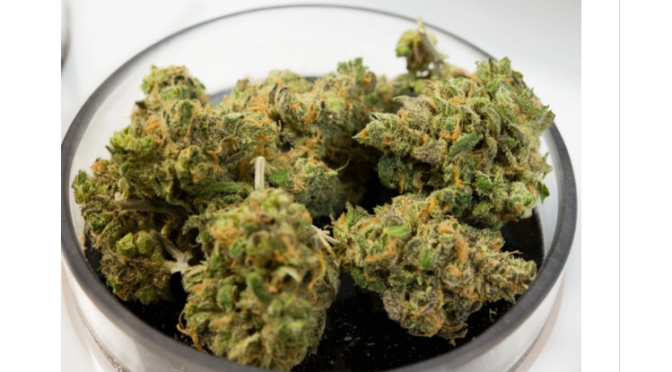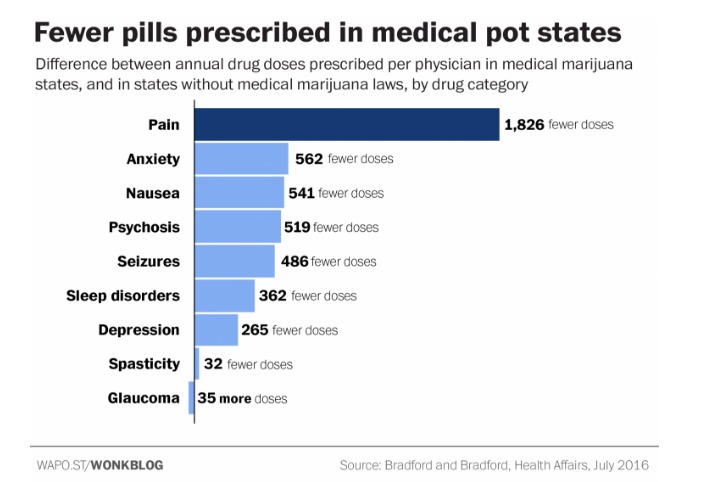RICO laws were written to combat organized crime kingpins – but now they’re being used against state-legal marijuana businesses
Most people have strong feelings about marijuana’s distinctive dank odor. Suspicious landlords sniff for it. High-school hot-boxers roll down all the windows of their cars and drive around for hours trying to get rid of it. Mainstream candle and soap companies seek to recreate it for high-end, non-psychoactive mood settings. And now, it’s quietly becoming clear that the powerful smell of legal cannabis could become its ultimate undoing – the thing that causes the entire legalization experiment to disappear in a poof of smoke.
Earlier this summer, the 10th U.S. Circuit Court of Appeals in Colorado decided that the “noxious odors” from a pot farm could be lowering nearby property values and creating a nuisance. The decision came out of a civil suit by the farm’s neighbors under federal racketeering law, and could set a landmark precedent. Marijuana remains illegal under federal law, and this decision makes clear that private citizens can now circumvent state law and do what Attorney General Jeff Sessions wants but has yet to do: challenge the legitimacy of states and businesses participating in legalization. Next year, the suit will go back to district court, and unless other appeals courts issue contradictory rulings and the Supreme Court decides to take up the case, the 10th Circuit decision will stand – providing a road map for people who hate marijuana to initiate the collapse of legal weed in America.
Everything about this case is important, from its far-reaching implications to the mysterious, well-funded organization behind it. But before we get into the details, the key thing to realize here is this neighborly dispute is a microcosm for what’s wrong with America’s tangled marijuana policy: The commercialization of cannabis has had real consequences for people and places that want no involvement with the drug. Attempting, as we have, to cordon off the states and businesses and entrepreneurs and government agencies that interact with pot is delusional.
Legal weed cannot be neatly contained. Markets and odors don’t work that way. Neighbors know this. Interstate pot traffickers know this. Attorney General Jeff Sessions knows this. The question is: when will we change federal law to reflect reality?
Full Read – http://www.rollingstone.com/culture/features/how-anti-mafia-laws-could-bring-down-legal-pot-w499585





